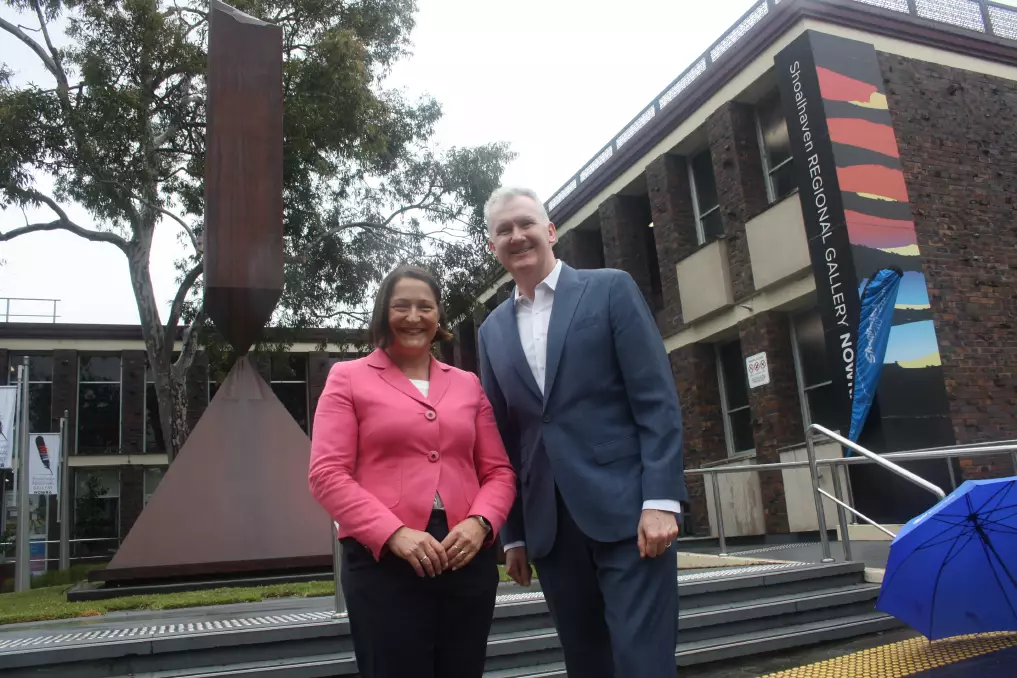Mrs PHILLIPS (Gilmore) (14:19): My question is to the Minister for Employment and Workplace Relations. How is the Albanese Labor government supporting low-paid workers to earn more and keep more of what they earn, and what approaches have been rejected?
Mr BURKE (Watson—Minister for Employment and Workplace Relations, Minister for the Arts and Leader of the House) (14:19): I thank the member for Gilmore, another member of this place who is committed to making sure Australian workers earn more and keep more of what they earn. A big part of that is the government's approach to the annual wage review. As a result of the approaches we've taken to the annual wage review over the last two occasions, people on the minimum wage are now earning $110 a week more than they were. On top of that, they'll get a tax cut of $827. This year the Albanese Labor government again will argue that low-paid workers should not be going backwards. That position is not matched by those opposite—
Opposition members interjecting—
Mr BURKE: who call out right now 'real wages', not acknowledging that for the last three quarters we have had real wages rising, and also not acknowledging that after the Leader of the Opposition told business, 'Go out and make the case for me', what's the next thing business does? Call for a real wage cut! That's what they've now called for. The two per cent claim that has been put forward for business now is a real wage cut—exactly their actions after they get the rant from the Leader of the Opposition telling them, 'You need to go out there and go harder.' What would that real wage cut mean, occupation by occupation? We know that those on the minimum wage are already getting a tax cut of $826 a year that those opposite did not want them to get. But they would also be getting a $600-a-year real wage cut if that two per cent claim had happened. We know that a cleaner on award conditions is already getting $1,047 a year extra in tax cuts. Those opposite didn't want that cleaner to get that tax cut, and there'd also be a wage cut of $620 a year for that cleaner. For a retail worker there'd be a $640-a-year wage cut in real terms.
Those opposite want people to work longer for less. What they're pursuing now in opposition is matched by what they did in government. Never once did they argue for a pay rise at the annual wage review—never once. They had low wages as a deliberate design feature. And it's not as if they didn't make submissions to the annual wage review; they did. We all remember the subheading on one of their submissions: 'The importance of low-paid work'. That's what they argued to the Fair Work Commission: 'Keep wages low.' And that's what they argue now—to keep wages low.
When the member for New England argued that a pay rise would just be window dressing, he was giving the same argument that those opposite, one by one, believed. They spent a decade keeping wages low, and now, when people are struggling with the cost of living, their answer is to cut wages. (Time expired)



